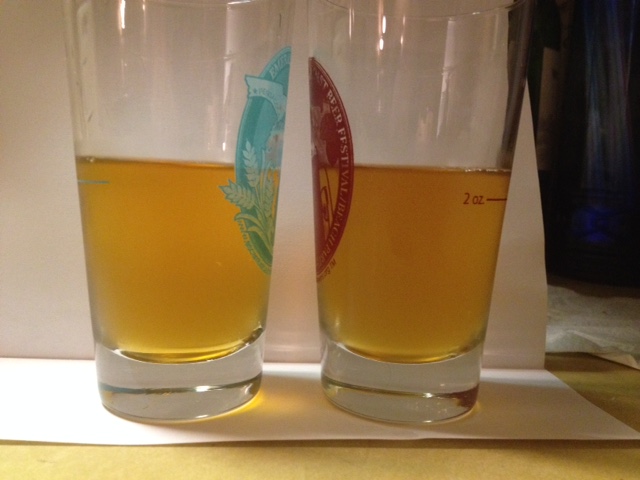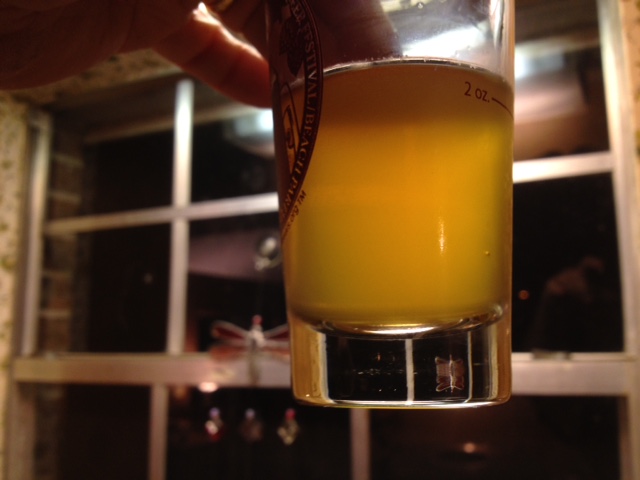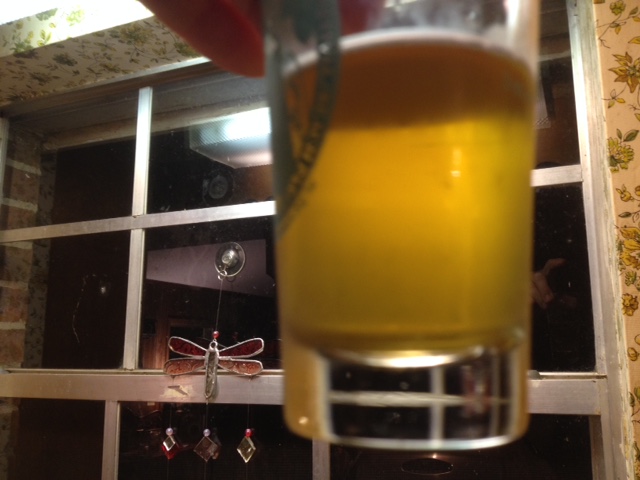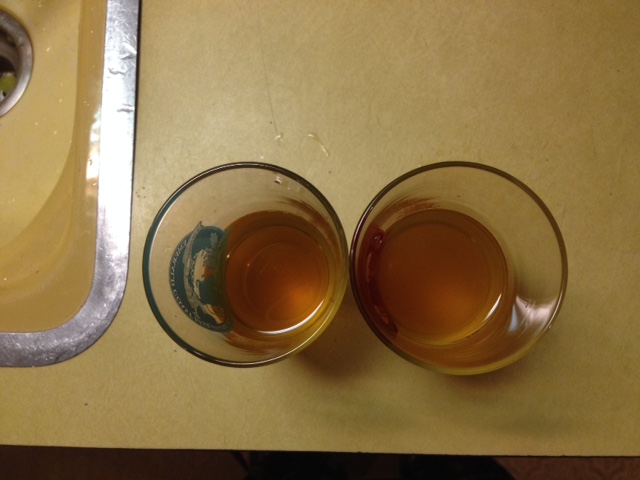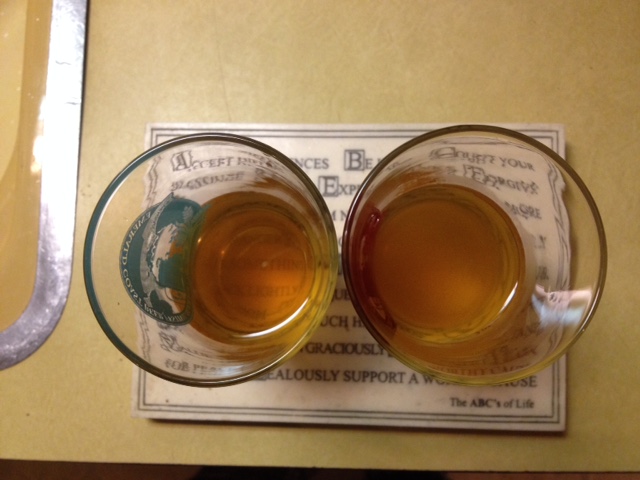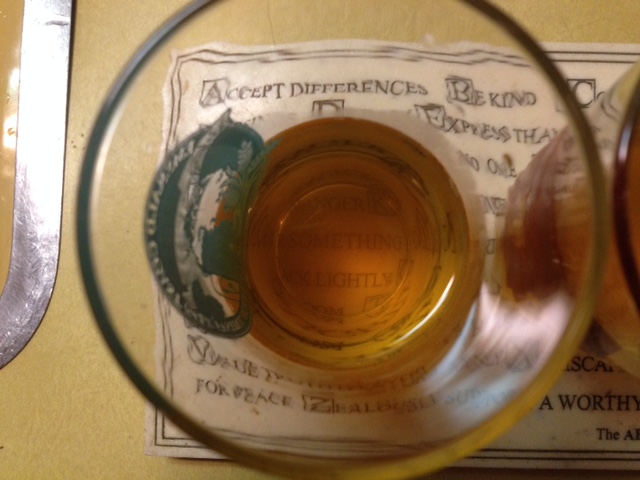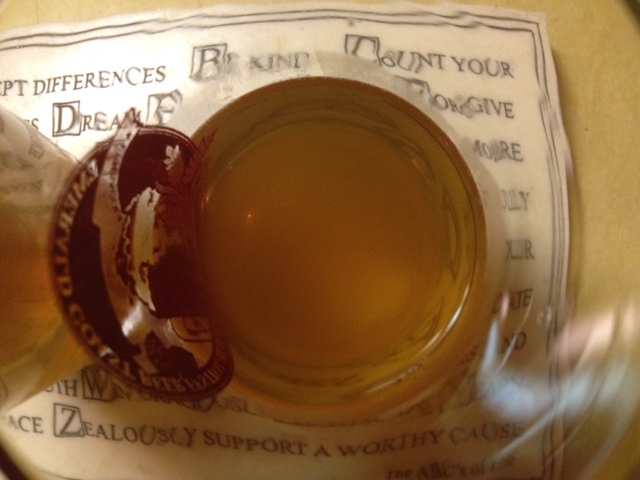I'm new to CD (diagnosed a few weeks ago) and the world of GF brewing. I've been reading as much as I can find on the topic, including the debate regarding gluten free vs gluten reduced brewing. My take-away on PEP enzymes (Clarity Ferm) to break down gluten, is that the peptide chains are a lot smaller (small enough to avoid ELISHA detection) but potentially still large enough to trigger the antibody reaction in
some of the population with CD and related conditions. From what I can see, there's been pretty limited investigation of residual gluten fragments in GR beers.
One study used liquid chromatography-mass spectrometry to demonstrate that the gluten remnants varied widely between GR beers.
This
2017 academic article looked at the reaction to gluten reduced beer in a control (non-CD) group and a group with active CD. Using blood serum from the study participants they looked at antibody reactions to rice (a negative control), barley flour, barley-based beer, a GF (sorghum, non-barley) beer, and a gluten reduced barley beer.
In the study, 35% of the CD group (11 of 31) had an antibody reaction to barley. Of those, four had an antibody reaction to "regular" (barley) beer, and two still had a reaction to the gluten reduced beer. None of the subjects (their serum) reacted to the GF beer. This is a lab study with a relatively small sample size. Is 2 out of 31 (6% of the CD group) representative of the population at large? Is the blood serum antibody test a good indicator of the potential remaining gluten protein that could have negative impact on people with CD and related issues? (Does no antibody reaction mean no harm?)
Without accurate and personalized antibody testing, I get the sense it would be pretty difficult to determine which group you fall into.
It would be great to see some more research on this (with or without support from companies like White Labs or DSM -- who I think manufactures Clarex). I would personally like to know if GR reduced beers are OK for me rather than just going closing the barley brewing door forever because of a better-safe-than-sorry approach.


